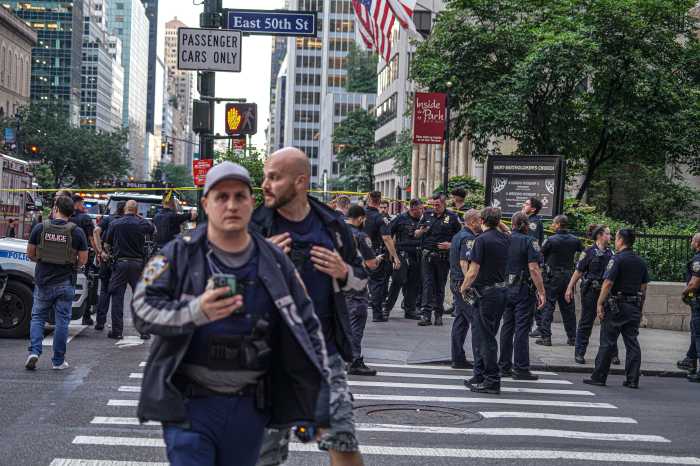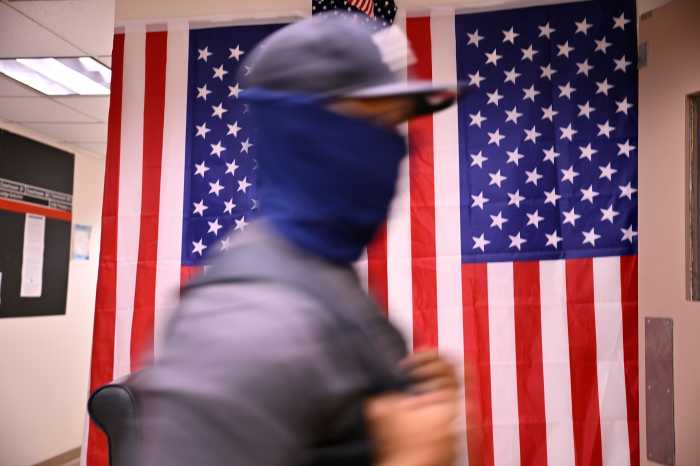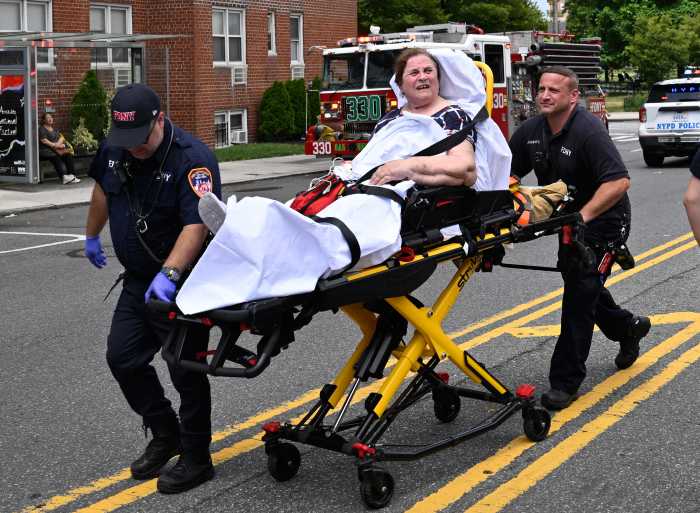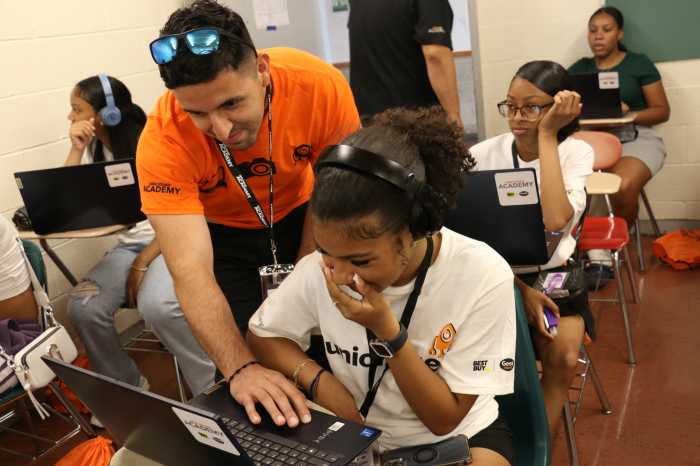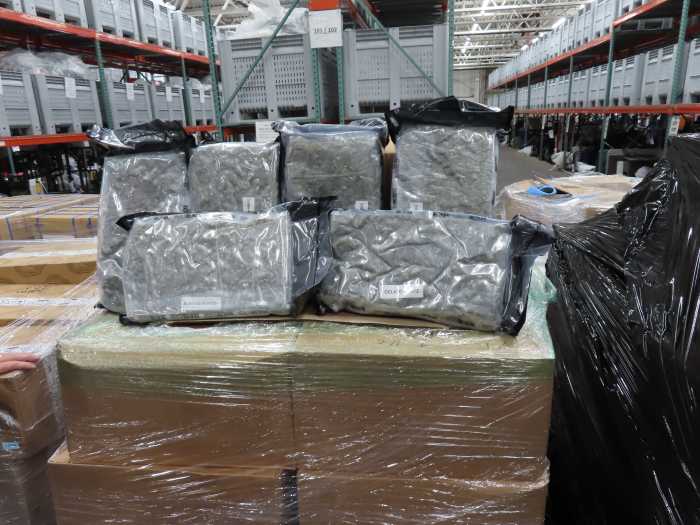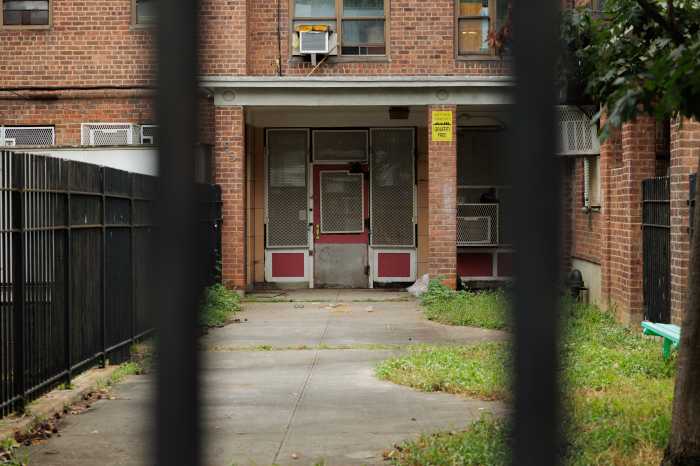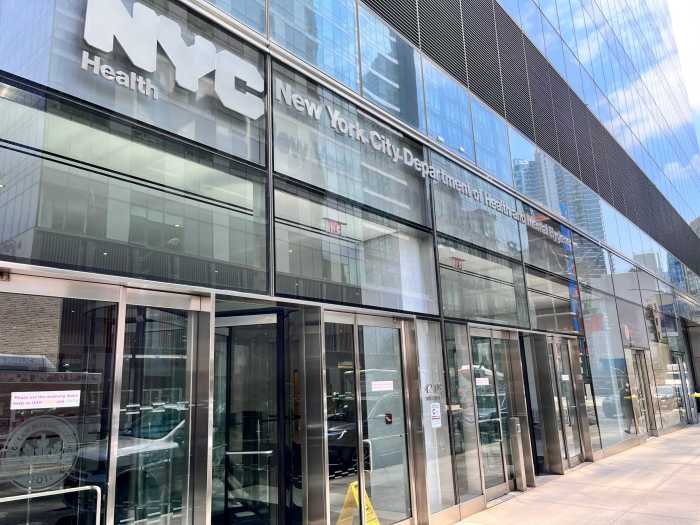The showdown between Apple and the U.S. government over the tech giant’s defiance of a court order that it help the FBI unlock a terrorist’s cellphone underscores one of the great debates of our digital era: the balance between national security and individual privacy.
Apple’s concerns about potential government overreach are understandable. It’s certainly happened before. But this case is a clear example of the overriding need to keep the nation safe.
The phone belonged to one of the Islamic State-inspired attackers who killed 14 people in San Bernardino. The FBI says Syed Rizwan Farook’s device might contain information that leads to others who knew of or helped in planning the slaughter. But Apple’s security means the phone’s data could be erased after 10 failed password attempts.
A federal judge ordered Apple to create software to let the FBI try every password possible without the phone’s data disappearing in the process. Apple chief executive Tim Cook says such a “backdoor” tool, once created, could be used on other phones. But we haven’t heard a convincing argument yet as to why Apple can’t create the software, control the software and use it to unlock a device when the government obtains a warrant detailing compelling circumstances and a federal judge approves.
Terrorists and other criminals increasingly do business in a hidden world of encrypted communications, Bitcoin currency, and messages that disappear when read. Law enforcement needs tools to deal with this new reality. Silicon Valley, which is not immune to the rule of law, has a responsibility to help solve a problem it has in part enabled.
Apple is not the only tech company balking at cooperation. This case will set a precedent, and it is one the Obama administration should pursue. Since it relies on a 1789 law, Congress might be finally forced to pass legislation on an issue that has exploded in the presidential campaign.
Defining what constitutes national security is a slippery slope. But a carefully monitored, constantly re-evaluated program can help the government fulfill its primary responsibility: keeping its people safe.




